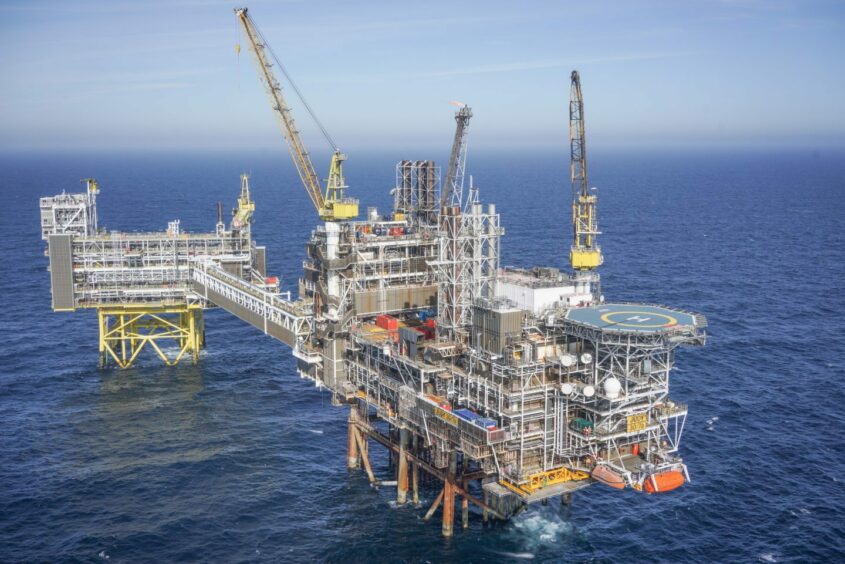
Harbour Energy (LON: HBR), the largest producer in the North Sea, will shun the ongoing licensing round in the UK due to the windfall tax.
Earlier this year, the UK launched its first oil and gas exploration round since 2019 – which runs until January 12 – to boost domestic supply of oil and gas.
But Harbour Energy said that it has to review its spending plans in light of the windfall tax, and will not participate in the round.
Harbour has been one of the staunchest opponents of the levy, which Jeremy Hunt increased by 10% last month, to an overall tax rate of 75% for the sector.
Ahead of the levy’s increase, Harbour CEO Linda Cook told Chancellor Jeremy Hunt that it risks “driving investment out of the UK altogether”.
Ms Cook was joined by several other companies, particularly independent producers.
Although there is an allowance for new investment, companies without pipelines of spending are harder hit by the levy.
A Harbour Energy spokesperson said: “As a result of the extension of the energy profits levy announced in the Government’s Autumn Statement, we are reviewing investment levels and company-wide capital allocation.
“This review is ongoing and, in the meantime, we have decided not to submit bids as part of this licensing process.
“We have good opportunities within our existing North Sea and International portfolios, and these will be our focus at this time.”
Harbour Energy dropped out of the FTSE 100 earlier this month due to a plummet in share price in recent months, linked to the levy.
Oil majors are thought to be better insulated against the levy, however Energy Voice recently revealed that TotalEnergies plans to cut investment due to the tax.
‘This is just what we predicted’
Mike Tholen, sustainability director at industry body Offshore Energies UK (OEUK) said the Chancellor needs to act swiftly to remedy the situation.
“This is just what we predicted would happen as a result of the windfall tax. This was a tax conceived to deal with a short-term surge in profits, which is now having a very long-term impact on the UK energy industry.
“If companies like these decide not to invest their money in the UK’s North Sea now then the inevitable result will be a decline in production in a few years’ time.
“That will be bad for the industry, bad for consumers, because they will be exposed to a greater risk of energy shortages, and in the long run, it will be bad for the Exchequer too, because if we produce less UK oil and gas, we will be paying less taxes.
“There is still time to save this situation, and we are very keen to work constructively with the government to turn it around before more investors pull out, but we would call on Jeremy Hunt to act fast and decisively.”
An HM Treasury spokesperson said it wanted to “strike a balance with the tax”.
In a statement, they said: “The Energy Profits Levy strikes a balance between funding cost of living support while encouraging investment in order to bolster the UK’s energy security.
“We have been clear that we want to encourage reinvestment of the sector’s profits to support the economy, jobs, and our energy security, which is why the more investment a firm makes into the UK, the less tax they will pay.”
The North Sea Transition Authority had no comment.
Last week, members of the oil and gas industry held a meeting with chancellor Jeremy Hunt over concerns about a lack of a price-floor for the levy.
Without a price backstop, the combination of the tax and collapsed oil and gas prices could case huge damage to the sector.
EV understands that around 45 minutes was scheduled for the meeting, with more than a dozen senior industry leaders.
Recommended for you


 © Supplied by Harbour Energy
© Supplied by Harbour Energy © Supplied by OEUK
© Supplied by OEUK